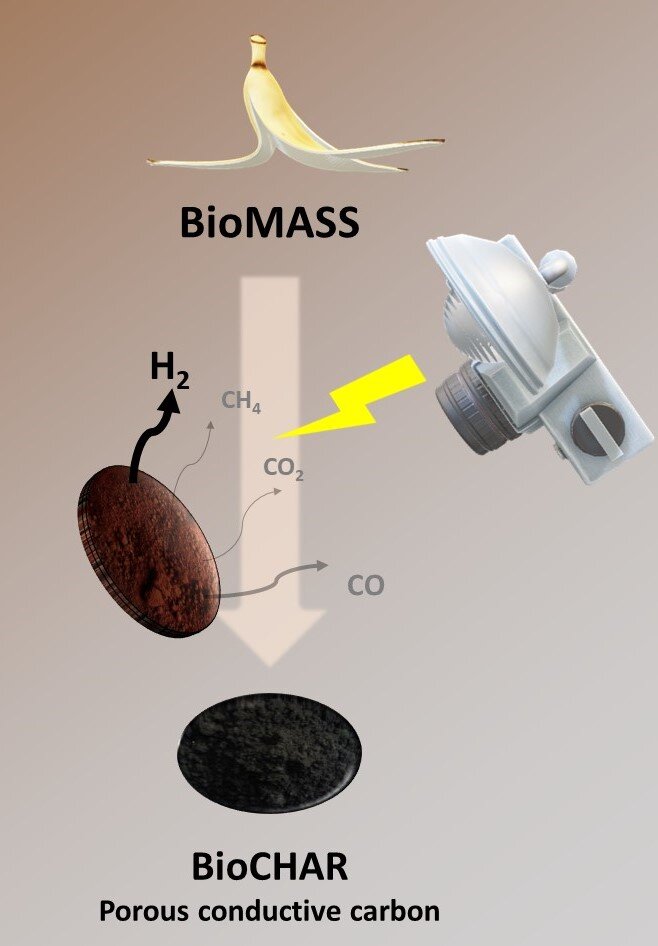
Engineers in Australia have found a way of making stronger concrete with roasted used-coffee grounds, to give the drink-additive a “double shot” at life and reduce waste going to landfills.
Lead author Dr. Rajeev Roychand from RMIT University said the team developed a technique to make concrete 30% stronger by turning waste coffee grounds into biochar, using a low-energy process without oxygen at 350 degrees Celsius.
“The disposal of organic waste poses an environmental challenge as it emits large amounts of greenhouse gases including methane and carbon dioxide, which contribute to climate change,” said Roychand, from the School of Engineering.
Australia generates 75 million ki...
Read More







Recent Comments